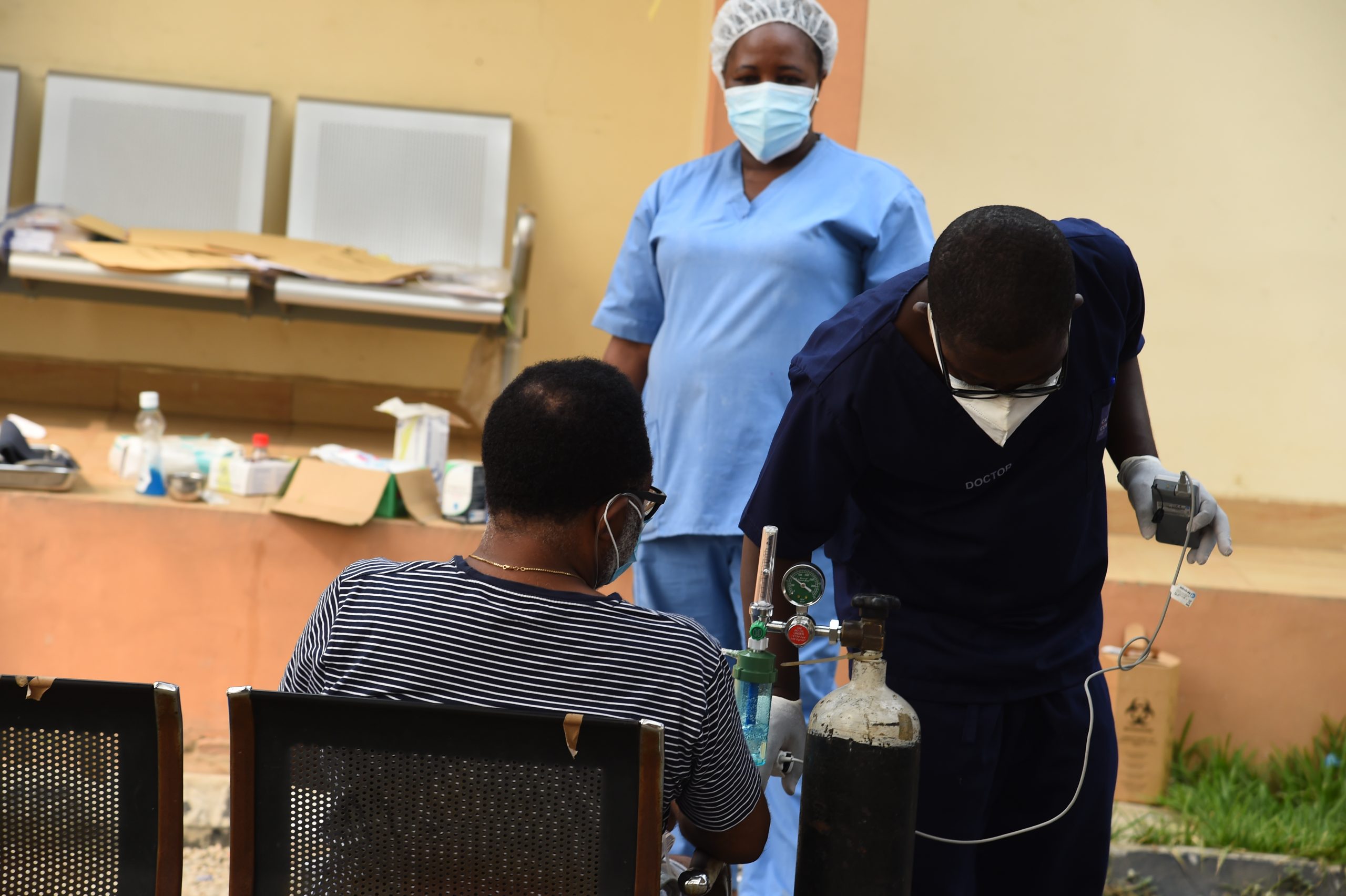
The NCDC made this known via its verified wedsite on Sunday morning.
The News Agency Of Nigeria(NAN) reports that the new infections indicate an increase from the 565 cases announced a day earlier.
It observed that the country has entered a new phase of the pandemic, with a more complicated mix of cases than it has seen before.
But what hasn’t changed is that vaccines still provide the best protection against the virus.
The current surge of COVID-19 in the country continues to increase, trailing only the devastating wave, as it is being driven by a different mix of cases than the prior waves.
Back then, the country’s coronavirus was still new and most people had no immunity to it. The vaccines were still months away.
When cases started to rise, the NCDC issued dire warnings that cases and deaths would soon rise accordingly, and it was right.
The NCDC said Saturday’s statistics was a total of what was reported across 12 states of the federation and the Federal Capital Territory (FCT).
The public health agency said that Lagos State had continued to rank the highest in its daily reports.
It said the country’s epic centre for the virus recorded 324 infections.
The NCDC said Akwa-Ibom followed with 46 infections, saying that the state which hitherto had some of the lowest vaccination rates in the country, was seeing twice as many new cases, the second hardest-hit with the delta variant in the country.
It added that Rivers registered 41 infections as of Aug. 7.
Others were the FCT (20), Ekiti (12), Osun (9), Oyo (9), Ogun (6), Bayelsa (3), Anambra, Edo, Nasarawa and Plateau States registered one each, respectively.
The NCDC stated that 63 people had recovered and were discharged from various isolation centres in the country on Friday.
The public health agency said that till date, 165,472 recoveries had been recorded nationwide in 36 states and the FCT.
The agency said that the country had also tested more than 2.5 million samples for the virus out of the country’s roughly 200 million population.
It stated that the country’s COVID-19 average test positivity rate was six per cent.
It noted that the number of active COVID-19 cases in Nigeria surpassed 9,000.
The public health agency said that four new deaths were recorded on Saturday, raising the total number of fatalities in the country to 2,185.
It added that a multi-sectoral national Emergency Operations Centre (EOC), activated at Level 2, continued to coordinate the national response activities.
NAN also reports that Nigeria will commence inoculation of the second batch of vaccines on Aug. 10.
Meanwhile, experts have said the rise in cases was being driven by a combination of unvaccinated people and the delta variant.
They said they were still large pockets of areas in the country without robust protection, with vaccination rates lagging.
According to them, three states so far, are driving the current surge. Still, immunity is not yet widespread in the country, but noted that medical care for COVID-19 has also improved.
As a result, deaths are (so far) not rising at the same rates as the infections.
They explained that what distinguished this wave from those that preceded was the different types of COVID-19 cases the country was seeing now, compared to a year ago.
The NCDC has also advised the general public to get vaccinated as it had estimated that unvaccinated people were up to eight times as likely to be infected with COVID-19 and experience symptoms.
“They are also 25 times more likely to be hospitalised with serious symptoms, and 24 times as likely to die of the infection, compared to people who are vaccinated.
“Unvaccinated people with natural immunity due to previous infection probably are not showing up much in the case numbers right now because they do not have immunity.
“The agency still recommend those people get vaccinated, though, because it is not known how long natural immunity will last.
“Immunocompromised people are their own group. Vaccines appear less effective for them. For people in this group to be truly protected, the virus would need to be suppressed through widespread vaccination – herd immunity, in other words.
“For them, vaccines are literally life-saving, but only via the decisions of Nigerians,” it added.






